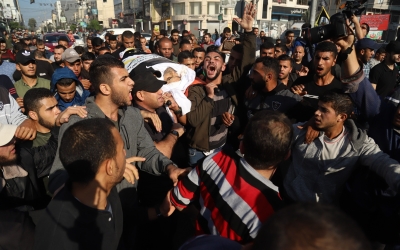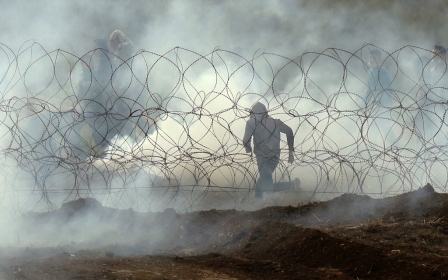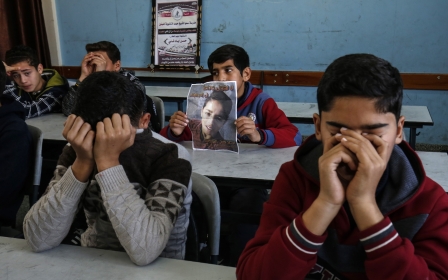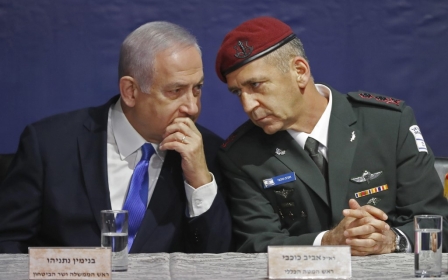How will Gaza respond to Israel's assassination of Islamic Jihad leaders?
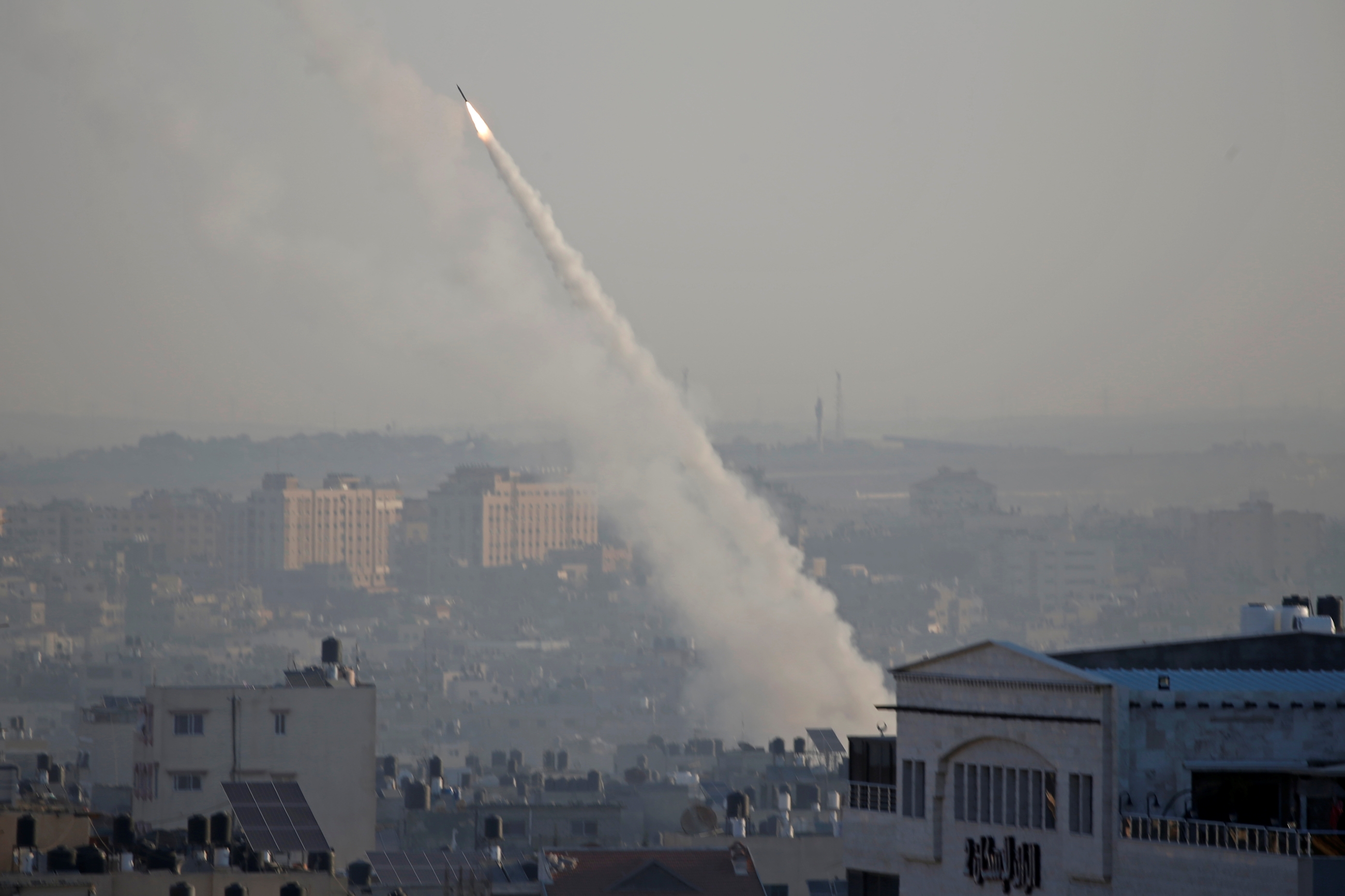
It was no surprise that Israeli air forces assassinated senior Islamic Jihad commander Bahaa Abu al-Atta in Gaza on Tuesday, after Israeli media had been inciting against him.
Israel had labelled Abu al-Atta as a “ticking bomb”, and Palestinians had anticipated his killing. But while it was not a surprising development, Abu al-Atta’s assassination was the first to be openly announced by Israeli occupation forces since 2012, when they killed Hamas military leader Ahmed al-Jabari.
Late on Tuesday, another Islamic Jihad leader, Khaled Mawoud, was also assassinated, according to Beirut-based al-Mayadeen channel.
Preliminary response
Israel surely realised that Abu al-Atta’s assassination would not pass without a response - that Islamic Jihad, along with other Palestinian resistance factions, would respond to the killing of the high-ranking commander. Hours after the killing, Israeli leaders acknowledged that there may be difficult days ahead.
New MEE newsletter: Jerusalem Dispatch
Sign up to get the latest insights and analysis on Israel-Palestine, alongside Turkey Unpacked and other MEE newsletters
None of the resistance actors in Gaza can ignore the assassination of Abu al-Atta
Indeed, after news of the assassination spread widely, dozens of missiles were fired from Gaza into Israel, and Israel launched additional strikes on the coastal enclave.
As Palestinians rushed for shelter, many understood that this barrage was merely a preliminary response. A larger response, including additional rocket fire, was expected to start after the burial of Abu al-Atta.
The positions of the various groups in Gaza are important in this context. Politically, Hamas and Islamic Jihad adopt the same stance towards the Palestinian cause, and both are backed by Iran. At the military level, the two groups coordinate their operations, determining how to handle Israeli attacks.
Agreeing on strategy
Islamic Jihad’s response to the killing of Abu al-Atta will surely be the strongest, but both groups will agree upon the strategy. Both Hamas and Islamic Jihad will be prompted to respond in a calculated fashion, to avoid individualised responses that could exacerbate the situation and prompt a heavier Israeli barrage.
None of the resistance actors in Gaza can ignore the assassination of Abu al-Atta, as a non-response would simply encourage Israel to target other Palestinian leaders, and to strike Gaza repeatedly.
At the same time, neither Hamas nor the Palestinian population in Gaza wants another war in the besieged territory. Since 2008, three Israeli offensives have decimated the densely populated enclave.
Still, a strong response to Abu al-Atta’s assassination will likely entail heavy barrages of rockets fired from Gaza deep into Israel. Armed Palestinian resistance fighters may also target Israeli forces at the Gaza fence.
Unpredictable consequences
For its part, Israel will behave according to the nature of the Palestinian response. It will not keep silent if the southern and central areas of Israel are heavily struck, forcing scores of Israelis to seek cover.
The situation could deteriorate to the verge of a collapse of the on and off ceasefire between Hamas and Israel - and the consequences of such a scenario are unpredictable.
Many parties will have a say in how this confrontation unfolds. But if they don’t agree on the details, they risk losing control, as the one definite consensus is that Abu al-Atta’s killing must not pass without punishment.
The views expressed in this article belong to the author and do not necessarily reflect the editorial policy of Middle East Eye.
This article is available in French on Middle East Eye French edition.
Middle East Eye delivers independent and unrivalled coverage and analysis of the Middle East, North Africa and beyond. To learn more about republishing this content and the associated fees, please fill out this form. More about MEE can be found here.



